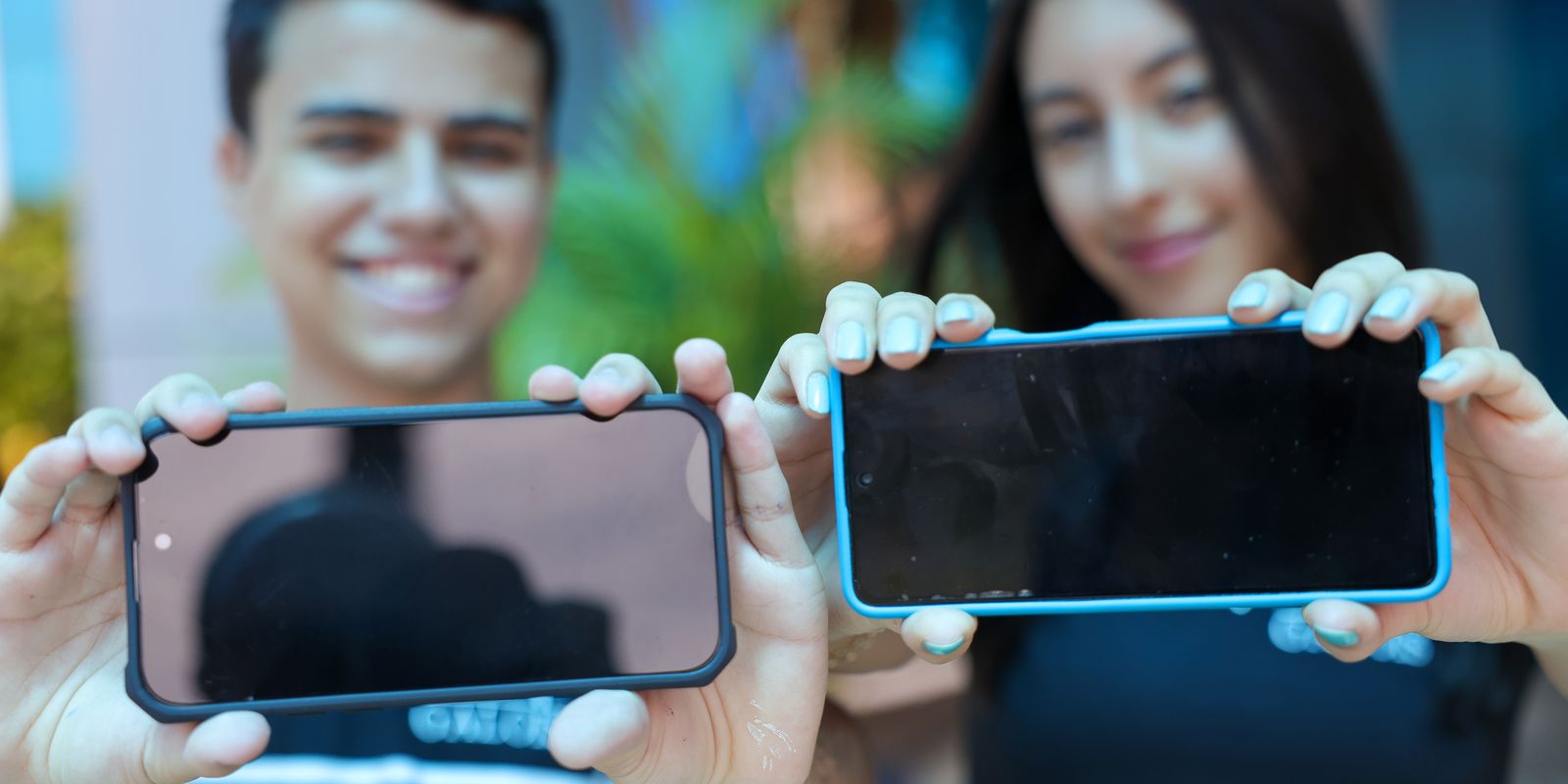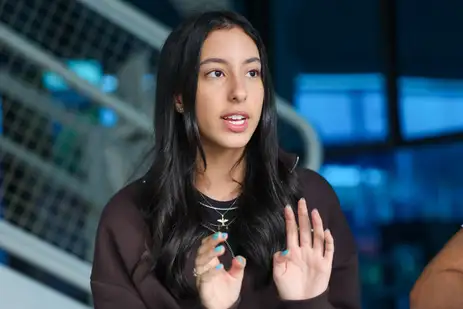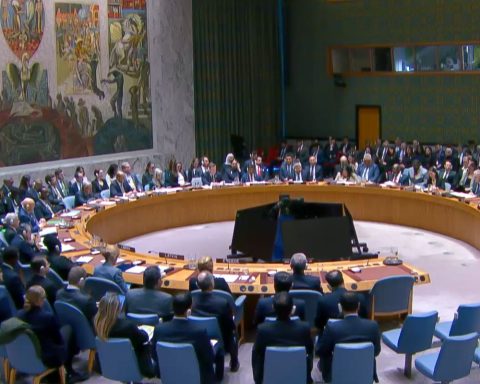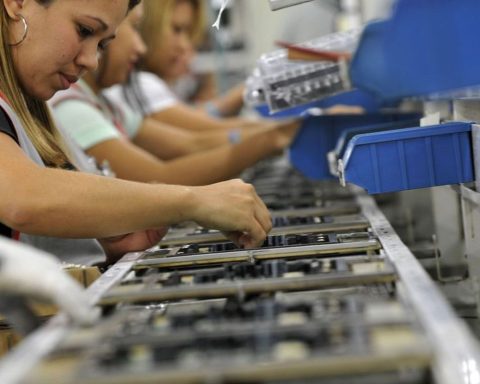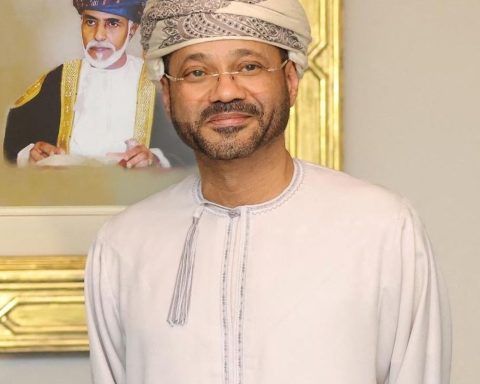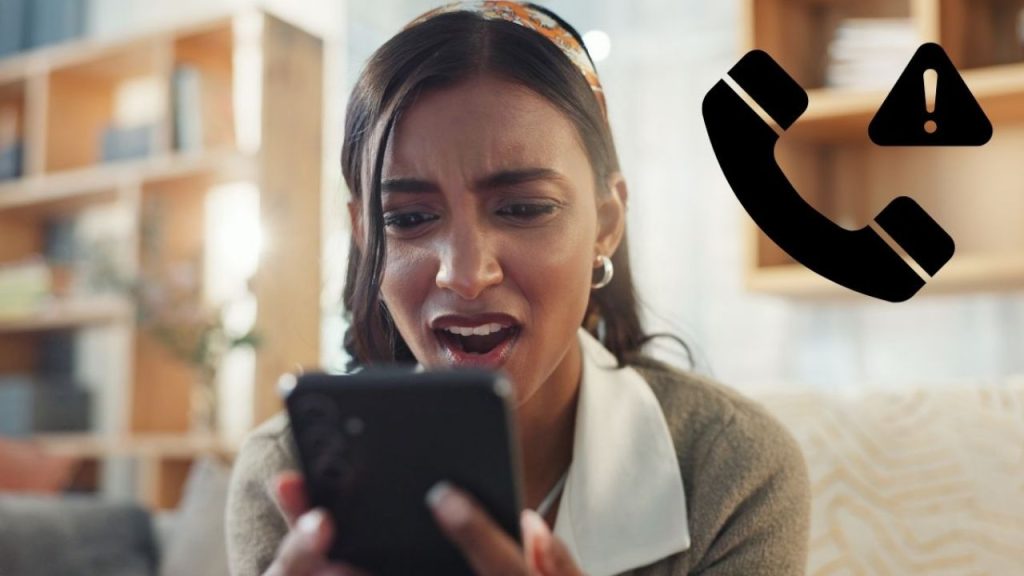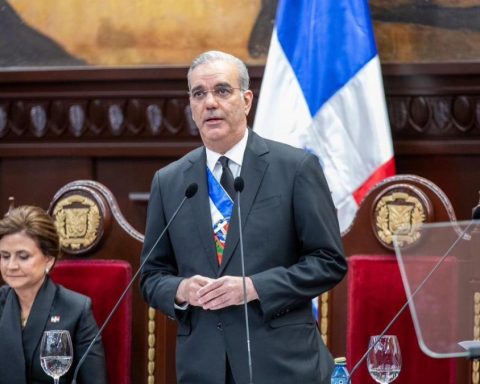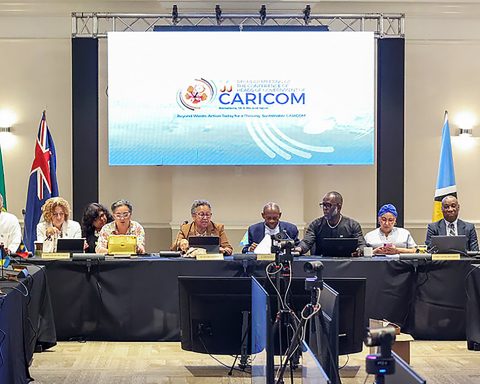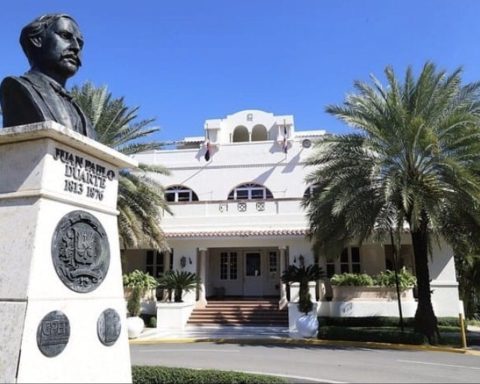The school life of about 47 million elementary and high school students changed radically in the school year that has just started. According to Law No. 15,100/2025, they are prohibited from using “personal portable electronic devices during class, recess or intervals between classes, for all stages of basic education”.
For Danilo Cabral, 16, a high school student at Galois College in Brasilia, the measure requires behavior change. It will change, for example, communication with mother or father. “Sometimes, in the middle of the morning, I decide I’m going to have lunch at school, and it’s a little harder to warn my parents.”
Despite the hindrance, Danilo thinks that “it’s just a matter of adaptation” and that it will be “very beneficial”, because “to pay attention to classes, we can not move our cell phone,” admits about ten days after the return to classes.
Joana Chiaretto, from the same class as Danilo and also 16, realizes “very positive changes” in the school courtyard. “Before, we saw everyone on their cell phone. Without talking, or anything, the separate groups. Now we see a group of girls playing cards. We see people talking more. Here at school everyone is bringing games, ”he says enthusiastically.
For her, “people are very addicted to the cell phone.” And among the younger ones, “it is very difficult. It even gives that anguish, wanting to take the phone, calling someone or sending a message. ”
No pictures of the board
The critical view of the two adolescents about the use of mobile at school and the benefits of the ban are shared by their teachers. “It has improved a lot in terms of students. They have to live together again, ”says Victor Maciel, professor of high school biology.
The teacher notes that, without the cell phone, “students no longer take pictures of the painting” and, more attentive, ask more, ask questions and learn more. “They have to be more focused now. The class is more interesting for them. Because they know they won’t be so easily later to get that content. ”
Patrícia Belezia, high school coordinator at Galois, also supports the decision. She recalls that, in the previous year, the school caught students playing on mobile even on a betting platform, “many addicts in the game of Tigrinho and electronic poker. They made bets between them. ” As the example is a way of educating, the coordinator points out that the restriction on cell phones in school is for everyone. Extends to staff and teachers.
Dulcineia Marques, founding partner of the college, thinks that she “won a gift” with the law passed in the National Congress and sanctioned by the President of the Republic. For her, the mobile device can be a marker of social inequalities depending on the model and data package.
In its view, these distinctions distort the spirit of schools that require the use of equal uniform for all, which has a purpose. “It’s the way to educate these boys. This is how to match children and adolescents. Not to bring into the school the purchasing power that differentiate them by sneakers and clothing brands. ”
Pedagogical project
The Dulcineia Marques School, in the Pilot Plan, serves 1,198 boys and girls from the four final grades of elementary school and the three years of high school. 32 kilometers away in Ceilândia, Educational Center No. 11, director Francisco Gadelha serves 1,512 students of these grades and also men and women from 18 to 60 years of teaching youth and adults (EJA). The director also praises the ban on cell phones.
“In the beginning, I was contrary to the law, understanding that the mobile phone is a technological tool. But now I am watching in a few days as it is being beneficial even in behavior. We are having less fights, less bullying situations. ”
Gadelha is taking advantage of the entry into force of Law No. 15,100/2025 to provoke the reflection of students and teachers. In the preparation of the school year, the school adopted the book “The anxious generation: as the hyperconnected childhood is causing a mental disorder epidemic”, by social psychologist Jonathan Haidt, as a reference for the creation of a ongoing pedagogical project.
According to him, the first three days of school in the daytime were “tiring” because he had to keep at school 15 cell phones that the students brought from home. The devices were returned to those responsible for the students. Although school removes the phone from the students, only one father complained. “As a rule, parents are enjoying it a lot,” says the director.
In addition to the school board during the day, Francisco Gadelha also teaches for adults at night. According to him, the ban on mobile phone “is more difficult in EJA, because adults are more addicted than children.” With them, the school proposes a collaborative term to keep the devices away from classrooms. ”
Conscious use
For Luiz Fernando Dimarzio, pedagogical analyst at CTRL+Play, a technology school for children and adolescents in cities in the state of São Paulo, the law that prohibits cell phones is “controversial”, because “the issue of allowing or banning is going a lot in the extremes. ”
Dimarzio opines that we need to seek “how we can use it in a healthy way, and teach the conscious use of the thing. I keep thinking, do you suddenly define specific moments for use? For research, it has numerous educational applications, right? Can you suddenly define specific moments for use wouldn’t it be more interesting? ”
In its inquiries, the pedagogical analyst recalls that the law allows the use of electronic apparatus in the classroom “for strictly pedagogical or didactic purposes, as directed by education professionals”.
Victor Freitas Vicente, Education Coordinator of the Felipe Neto Institute, evaluates that there was a cry in the country by adopting the law against cell phones in schools “and that the ban can be an important step in the context of increasingly toxic digital environments.”
He, however, ponders that “school is not a walled garden. It is a pole connected with the challenges of society ”and, in this sense,“ needs to prepare the new generations for the challenges that digital technologies are putting, not only in relation to behavior, but in relation to a new economic order, intelligence artificial.”
The coordinator also defends the results of the prohibition of mobile phone are evaluated in learning research, and that the National Psychosocial Care Policy in school communities, which do not yet regulate the practical rules for adoption in different Brazilian education systems are implemented. In addition, it is in favor of the National Congress to resume the elaboration of the law on the operation of social networks.
Social media
Thessa Guimarães, president of the Federal District Regional Council of Psychology (CRP-DF) considers “fundamental to take from the drawer projects that contribute to the regulation of social networks, understanding that today our lives cross social networks”. She points out that, because of social networks, “an electronic device is an open door to all human production that exists, including the production of hatred discourses, the diffusion production of self-loose and suicide methods.”
Raquel Guzzo, researcher and full professor of psychology at PUC of Campinas, considers that social networks, accessed mainly through cell phones, “have a significant impact on self -esteem and the perception of themselves among adolescents, who may feel pressured to correspond the unrealistic patterns of behavior and aesthetics. ”
She recalls that social networks “are designed to maximize the time users spend on them, using algorithms that promote continuous engagement.” However, “other mobile features, such as games and applications, can also contribute to dependence, especially when used excessively.”
Compromised language
Psychopedagogue Gabriela de Martin, a mental health expert from UFRJ, evaluates that the language used by younger people and resources for writing on cell phones are also language compromising and can generate barriers when they look for work.
Gabriela de Martin has experience with the professional placement of young apprentices (14 to 18 years) in the job market, but faces, however, “immense difficulty, because boys in this age group are illiterate.”
“We have a language used in message apps that have no whole words full of punctuation errors. It is often the keyboard itself that creates the text. I’ve seen a lot of people who arrive at 16, 17 years without the ability to formulate an answer, ”laments Gabriela.
Totally favorable to the prohibition of cell phones in schools, CRP-DF President Thessa Guimarães warns of the risk of abstinence crisis for the absence of cell phone, with physical and psychic effects, which may happen “in the absence of any drug, lawful or drug Illicit, in the absence of a beloved companion from a separation, or in the absence of a device that became the centrality of the life of that child and that adolescent. ”
In case of syndrome, Thessa Guimarães recommends family support and qualified professional for psychological care and “naturally, the progressive replacement of the centrality of that device with more family communion and participation in paradidal, extracurricular activities.”
“We must populate the lives of this child and this teenager of new interests and new openings so that he can recover from addiction and explore other potentialities.”
